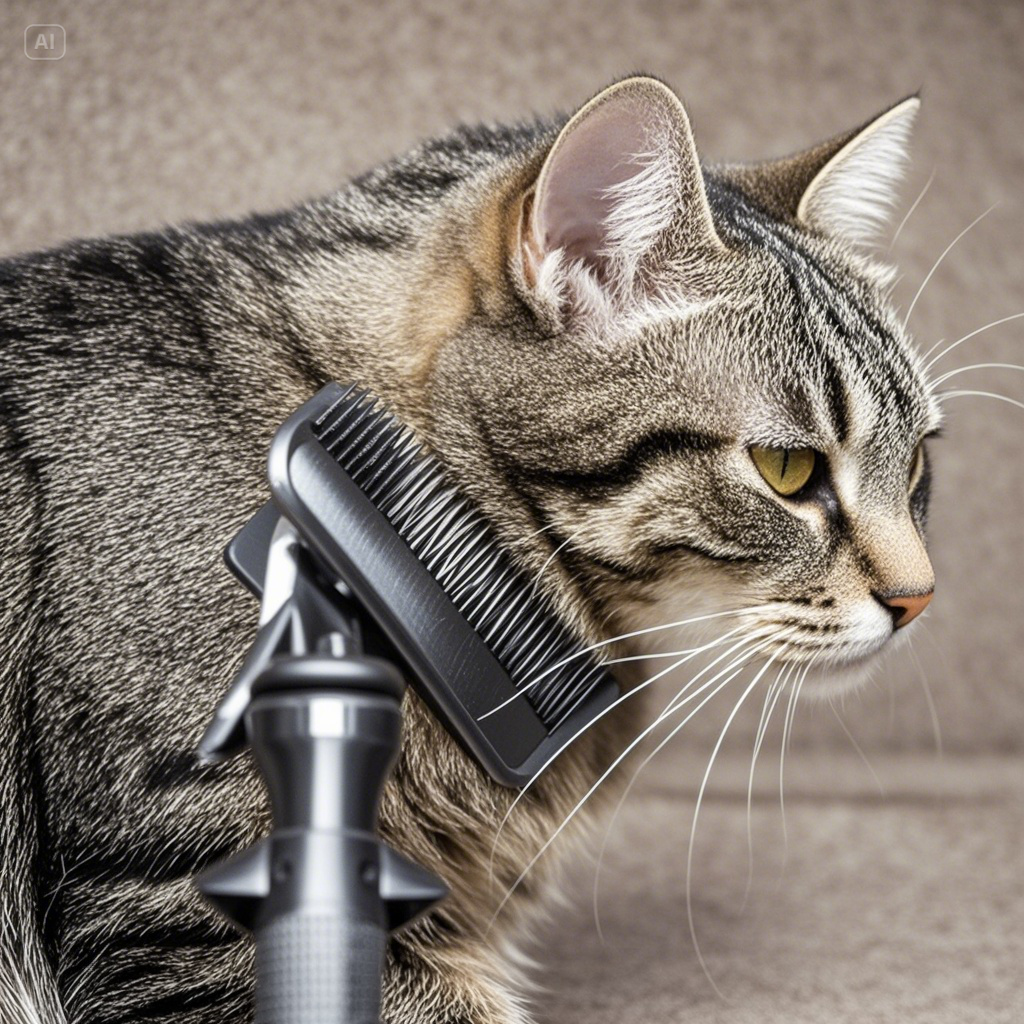Bringing a new feline friend into your home is an exciting time. To ensure a happy and healthy life for your furry companion, here are some essential cat care tips:
1. Create a Safe and Cozy Environment
- Litter Box Setup: Provide a clean litter box in a quiet, private area. Use unscented litter and scoop it daily.
- Scratching Post: Offer a sturdy scratching post to protect your furniture.
- Cozy Bedding: Provide a comfortable bed in a warm, draft-free spot.
- Elevated Perches: Cats love heights! Provide cat trees or shelves for them to climb and observe their surroundings.
2. Nutrition and Hydration
- High-Quality Food: Choose a high-quality cat food that meets your cat’s age and dietary needs. Consult your veterinarian for specific recommendations.
- Fresh Water: Always provide fresh, clean water in a bowl or fountain.
- Avoid Human Food: Many human foods are harmful to cats. Stick to their cat food and approved treats.
3. Grooming and Hygiene
- Regular Brushing: Brush your cat regularly to remove loose hair and prevent hairballs, especially for long-haired breeds.
- Nail Trimming: Trim your cat’s nails every few weeks to prevent scratching.
- Ear Cleaning: Clean your cat’s ears regularly with a veterinarian-approved ear cleaner.
- Dental Care: Brush your cat’s teeth regularly or use dental treats to prevent dental disease.

4. Veterinary Care
- Initial Check-up: Schedule a veterinary check-up to establish a baseline of your cat’s health and discuss vaccinations and parasite prevention.
- Regular Check-ups: Schedule annual check-ups to monitor your cat’s health and address any concerns.
- Vaccinations: Keep your cat up-to-date on vaccinations to protect them from infectious diseases.
- Parasite Prevention: Use flea and tick preventatives as recommended by your veterinarian.
5. Socialization and Enrichment
- Playtime: Engage in daily play sessions with your cat using interactive toys to stimulate their mind and body.
- Positive Reinforcement: Use positive reinforcement techniques to train your cat and reward good behavior.
- Socialization: Gradually introduce your cat to other pets and people to help them become well-adjusted.
- Mental Stimulation: Provide puzzle feeders, scratching posts, and window perches to keep your cat mentally engaged.
6. Common Health Issues
- Obesity: Monitor your cat’s weight and adjust their diet and exercise as needed.
- Hairballs: Regular brushing and hairball remedies can help prevent hairballs.
- Urinary Tract Infections: Ensure your cat has access to fresh water and a clean litter box to prevent UTIs.
- Dental Disease: Regular dental care is essential to prevent dental problems.
7. Signs of Illness
Be aware of signs of illness in your cat, such as:
- Changes in appetite or water intake
- Lethargy or increased sleeping
- Vomiting or diarrhea
- Difficulty breathing
- Changes in litter box habits
- Excessive grooming or licking
- Weight loss or gain
- Changes in behavior
If you notice any of these signs, consult your veterinarian promptly.
By following these tips and providing your cat with love and attention, you can ensure a long and happy life together. Remember, every cat is unique, so observe your cat’s individual needs and preferences.
